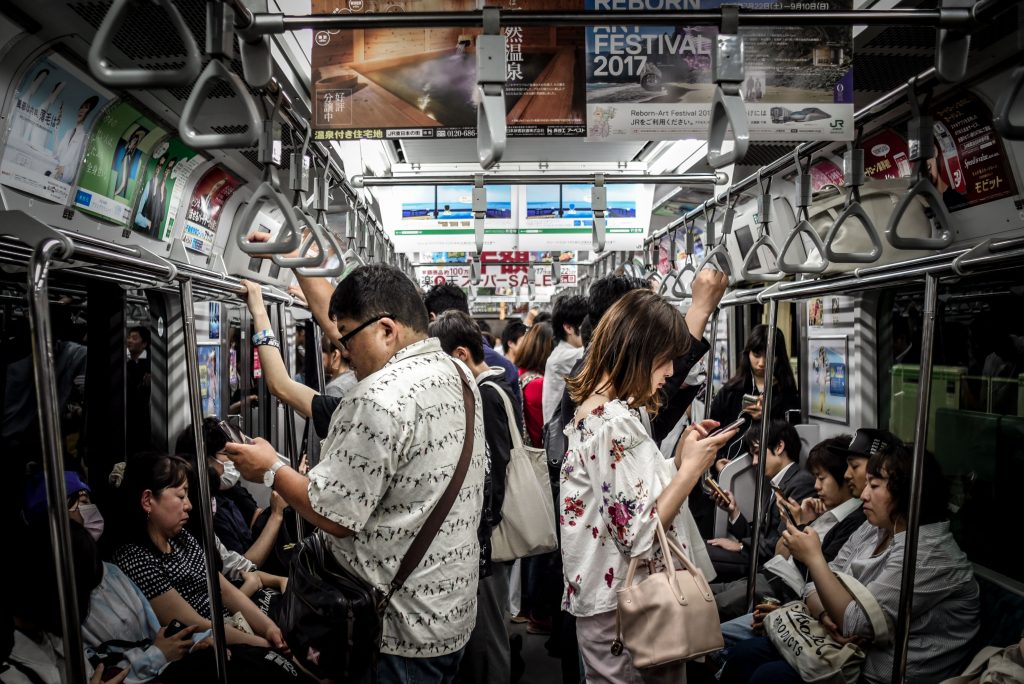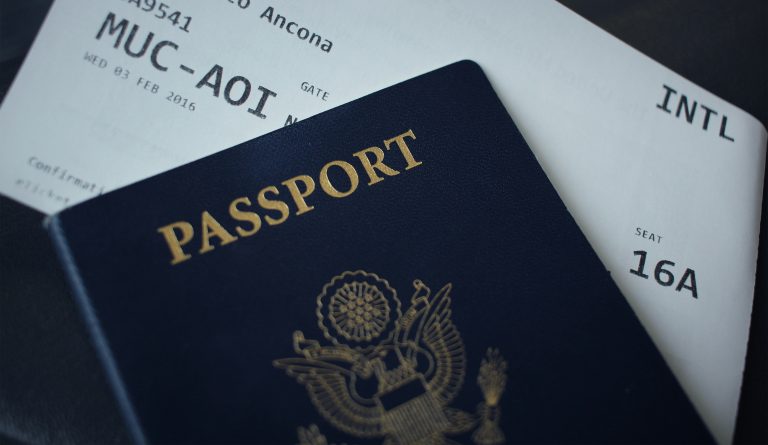Hiring and Business In Japan

As a 1st world country, Japan is a beneficial place to start a business. Moreover, it has lots of advantages. For one, it is the third-largest economy globally, with a GDP of more than $5 trillion in 2019.
Additionally, the country is central to business in Asia. With its geographical position, they can easily trade and do business in countries such as China and Korea. It also has exceptional urban infrastructures, with its roads, buildings, airports, and others being one of the best in the world.
The nation’s workforce is also highly educated, with 90% of the labor force attaining 14 years of education.
Knowing the benefits for your future employees is a must to follow the country’s laws. Provided below will be a general overview of some of these benefits.

much a worker’s minimum age is per hour when setting up your business. Some areas have higher wages than others. Examples are Tokyo with a salary of JPY 1041, Hokkaido with JPY 889, and Kyoto with JPY 937.
The granting of overtime pay commences when an employee works for more than 40 hours a week. When your company regularly does overtime, you must prepare a document informally titled the “36 agreement.” The agreement is Article 36 of the Labour Standards Law, which legally states the 40-hour mark for overtime.
Employees must receive paid annual leave if they have worked for your company for more than six months. Furthermore, they must have worked for at least 80% within that timespan to have the benefit.
The number of paid leave increases with the duration of an employee’s stay in your company, but generally speaking, the six-month period has ten days of paid annual leave. With each year of stay, the day increases by two.
Maternity leave is given six weeks before the expected birth and an additional eight weeks after.
If a mother wants to work after the delivery, approval must come from a doctor stating their obligations would not impose any complications on them. If approved, the company can let the mother work again even if the eight-week leave is incomplete.
Furthermore, compensation from the social insurance of around 2/3 of their salary is given to them during their leave.
There are several types of health insurance. The National Health Insurance is generally given for self-employed or retired individuals, while the Health Insurance for Employees is for workers handled by the Japan Health Insurance Association.
Your company would need to avail of health insurance as long as you have employees in your business. Both full-time and part-time must be given this benefit, with part-time employees having access to the insurance if they have worked about three-quarters compared with a full-time employee.
All full-time employees must have unemployment insurance. On the other hand, part-time workers only have access to the benefit if they work above 20 hours a week with minimum employment of a month or 31 days.
If your company does not have a canteen or any establishment that serves food, employers must give lunch allowance for your employees for them to eat at local eateries.
Shortage of Possible Employees
With a declining population, the market of Japan is very challenging since, through the years, the average worker gets older.
Language Barrier
Japanese has a low proficiency in the English language. Therefore, if your company is not well-versed with their national language, miscommunication will happen sooner or later.
Taxes
If you want to set up a business in Japan, you must know that it is the employer’s responsibility to withhold the income taxes of your employees. The percentage differs from the salary of one worker to another. Moreover, the employer must give compensation for social security.
Brand Popularity
Japanese people tend to favor more for companies that are more popular than the others. So if your company is not relatively known in the country, you would have a more difficult time setting up your business here and finding employees to work for you.
Be More Accommodating
Workers may not pass all of the requirements given in your job opening, but it does not mean that you should downright reject their application.
What matters is if they have the attitude to learn and grow with your company.
English Fluency Must Be Lower In Priority
With the low percentage of Japanese capable of fluently speaking English, your company must factor in this. The English Fluency category must have lower priority in your criteria.
Let Your Advertisement Be Enticing
With the emphasis on Japanese in branding, your job openings must be captivating. Let these openings be written in Japanese and posted on popular job websites.
Hiring in Japan may be daunting, but a successful opening can give your company the right boost to improve and be better. Benefits for employees must be intrinsically analyzed since they can be complex.
Global People is a leading local employment solutions provider for national and international corporations and can advise and escort you in your next destination.






